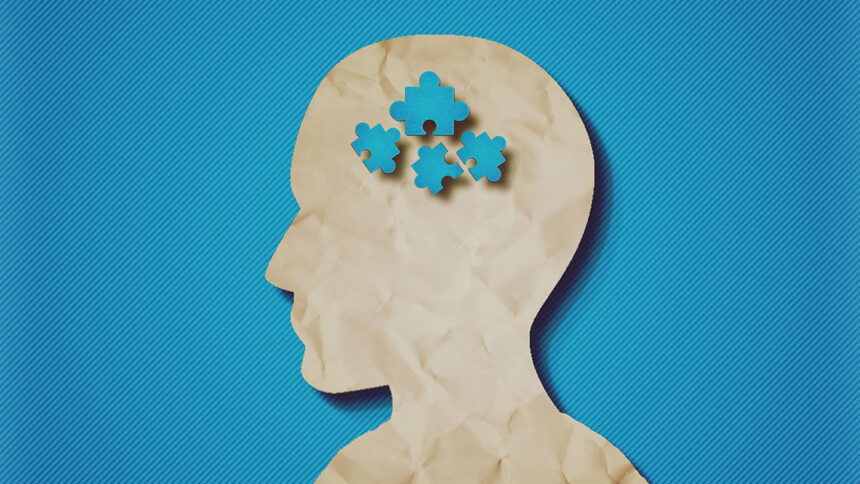
Three review studies examined how cognitive abilities change as people age, particularly focusing on whether there are differences between older and younger adults and how these differences evolve over time. Combined study results suggest that cognitive differences between the old and young are tapering off over time.
“This is hugely important as stereotypes about the intelligence of people in their sixties or older may be holding them back – in the workplace and beyond,” Stephen Badham, PhD, research leader and professor of psychology, Nottingham Trent University, wrote.
On improvement in cognitive performance:
· Later-born older adults tend to perform better on cognitive tasks compared to earlier-born older adults.
· Cognitive abilities in older adults are actually getting better over time, suggesting that age-related cognitive deficits are diminishing.
· The Flynn effect, which refers to the increase in cognitive performance over generations, isn’t just limited to young adults but also extends to older adults.
· Factors such as improvements in education, nutrition and overall health likely contribute to this increase in cognitive performance.
Some takeaways regarding implications for dementia diagnosis:
· The reduction in cognitive decline observed over time may influence how we diagnose dementia, as traditional thresholds for cognitive impairment are adjusted.
· It’s possible that the decrease in dementia incidence rates over time is partly due to undiagnosed cases, as well as improvements in overall health and education.
Most of the research reviewed focused on Westernized populations, so it’s essential for future studies to include more diverse samples, investigators found. Factors such as depression and changes in education levels could also influence cognitive performance, especially in younger adults. Further research is needed to understand the complex interplay of environmental and genetic factors influencing cognitive aging.
As a trio, these studies suggest that cognitive abilities in older adults may not decline as much as previously thought, and factors like education and overall health play significant roles in shaping cognitive performance over time. These findings, Badham concludes, have important implications for both researchers and society, highlighting the need to reassess our understanding of cognitive aging and its impact on conditions like dementia.



